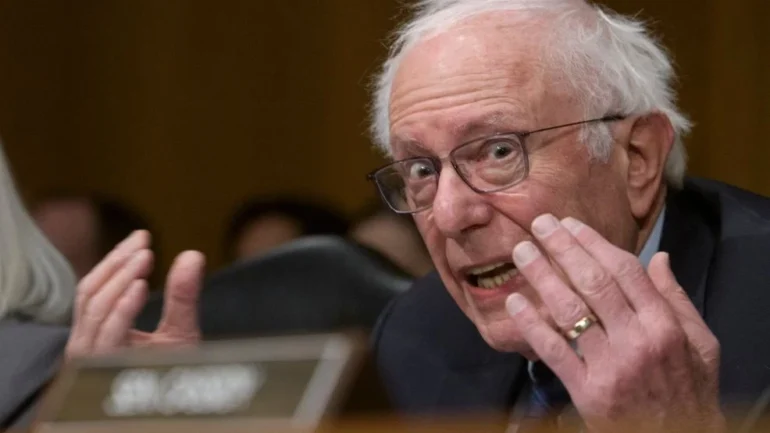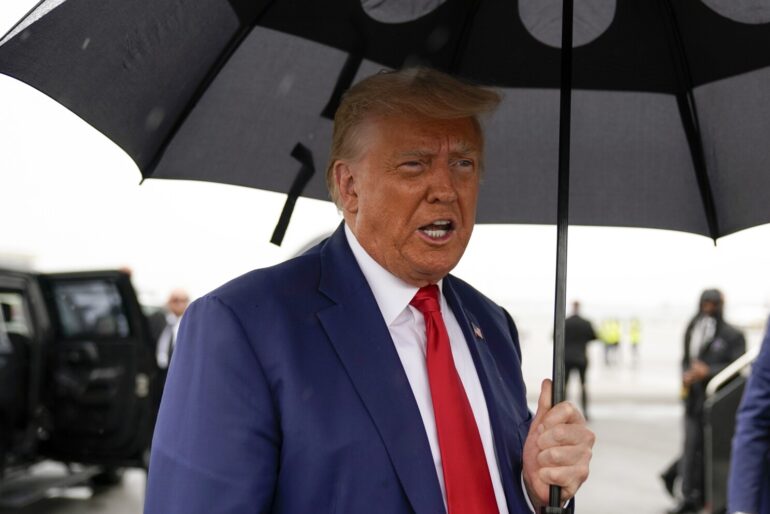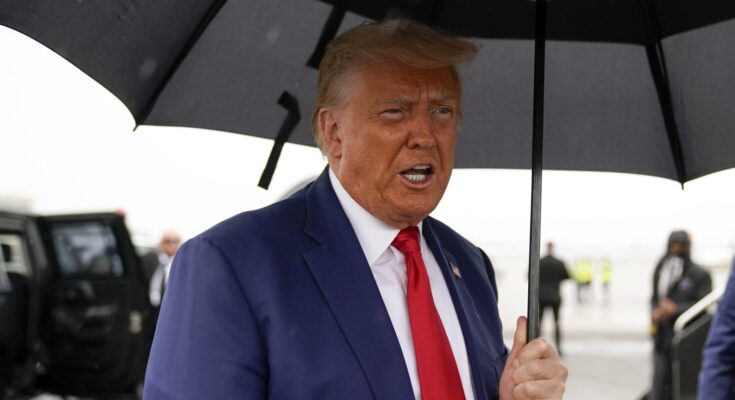Bernie Sanders’s Remark: Democrats Act Like What They Criticize Trump For
Speaking on the podcast Flagrant with Andrew Schulz, Senator Bernie Sanders recently made a candid and striking admission that “The Democratic Party, in some ways, has become the party it used to criticize in terms of Donald Trump.” He accepted this after one of the co-hosts, presumably Schulz, characterized the Democratic Party as not having had a fair primary since 2008-an admittedly scathing position to hold internally. “Yeah I’m not going to argue with that point,” he said, making quite clear that he believed the criticism was true.
For Nearly Two Decades
He further explained that for nearly two decades, the process within the Democratic Party has been less transparent and not truly democratic. He cited, among other things, problems with the superdelegate system, restrictive debate criteria, centralized fundraising, and media favoritism establishment candidates. Since 2008, he contested that nomination contests have more often been decided by party insiders rather than by grassroots voters—a failure that he, and many others, believe weakens internal fairness and broader trust in the party .
Looking Back at 2016: The Struggles Behind the Confession
Sanders’s confession stemmed from what happened to him in the 2016 Democratic primaries. He won the popular vote in the first three caucus and primary states—but establishment-backed Hillary Clinton edged him out. It was viewed by many as a rigged process. His emotional acknowledgment on Flagrant—saying he was heartbroken over the party turning on him—was part of making his case that it was the Democrats themselves who undermined democracy from within .

The Wider Story: Authoritarianism Backwards
Sanders saw the issue as belonging to a wider worry: while the Democrats were right in contrasting Trump’s putative authoritarianism—his assaults on the judiciary, press, and norms of democracy—they were at risk of exhibiting those very same traits by way of their insular practices. If a political party silences dissident voices or tightens nominations through behind-the-scenes contests, he cautioned, it can become just as illiberal as the forces it fights.
What Sanders Proposes: A Call for Reform
Rather than merely responding to the critics, Sanders identified the issue and advocated for systemic reforms within the Democratic Party. He proposed that superdelegate influence be diminished, debates be decentralized, fundraising become more transparent, and say to grassroots activists increased. He insisted that this is what must happen if Democrats are to retain the trust of the American people and successfully take on and defeat Trump and others like him who are rising in strength.

Implications for the Party’s Future
What Sanders says is vitally important right now, at a time when most Democrats are feeling very ambivalent about the party and it is still confronting all the challenges of the Trump years. Analysts and party reform advocates have sus͏pended belief that his transparency will be a turning point-forcing the party to confront its structural flaws. If taken seriously, these calls may influence how future primaries are conducted, sway delegate rules, and shape efforts to build a more engaged and democratic party infrastructure.

Bernie Sanders’s words— that the Democrats have become what they once accused Trump of being — will mark a powerful moment of introspection. It reframes internal party critique as not disloyalty but necessary for democratic renewal. Whether the party takes these calls in stride is another matter, but there is no mistaking Sanders’s challenge: to be true to democratic ideals, a political party must ensure its own processes are transparent, fair, and driven by the voters — not merely by elites.



